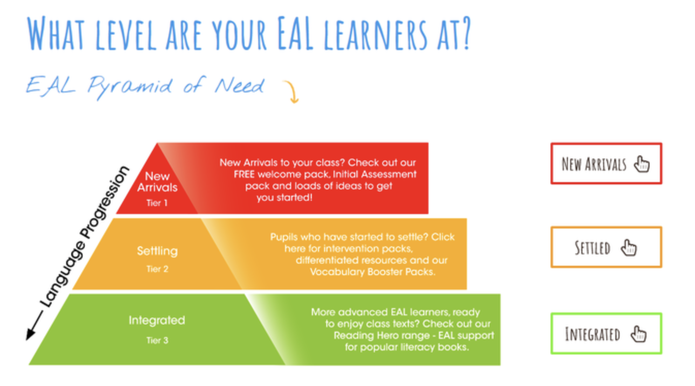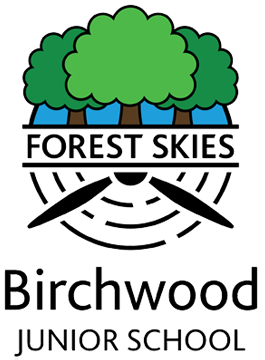English As An Additional Language (EAL)
The definition of a bilingual learner is that it refers to 'all pupils who use or have access to more than one language at home or at school – it does not necessarily imply full fluency in both or all languages.'
At Birchwood Junior School, we celebrate the diverse range of cultures, languages and religions represented by our pupils, their families and communities. We aim to provide a caring, happy and stimulating environment for all children, including those with English as an Additional Language (EAL). We have a vast array of experience and resources to boost your child’s development. Pupils who are learning to use English will be provided with the appropriate teaching and learning materials to aid and support their learning and we make use of visuals to support learners with their language acquisition. We monitor and keep a record of every EAL child’s progress. As they move through the school.

How can I help my child at home if they have English as an additional language?
- Talk to your child in their first language. If school have sent home new words to learn, talk about them together so that the child has a strong understanding of the words in their first language.
- Share books with your child. Even if they cannot read the words, talk about the pictures and how the people in the book may be feeling.
- Talk to your child about their day. Ask them about their friends and the games they played, not just about their work.
- Tell the school if your child is worried about anything. Small worries can be sorted quickly before they become big worries. Also, if there are changes at home such as separations, new baby, illness or losing a job, please let your child’s teacher know, so that we can help your child if they are worried.
- Give your child a quiet place at home to do their homework and help them if they need it. If the homework is difficult for you due to the language, please tell the teacher. We do run a homework club for those who need extra help. If you would like your child to come, please speak to the teacher to see if there are spaces available.
- Praise your child often. Learning a second language can be difficult and they will be trying hard.
- Get involved in school life. We always need adults to help in school in many ways so please speak to the teacher if you can spare any time to listen to children read, fundraise, or to work with other children whose first language is your own. It’s a good way for parents to meet new people and understand how the school works.
Homework
Homework is an important part of helping learners develop their English language skills, as well as supporting the development of their first language(s). Developing multi- or bilingualism has many cognitive advantages, for example, it can help children learn as it gives them the opportunity to think about ideas in both or several languages. In order to help learners develop both their English language skills and first language skills, teachers might want to set homework where learners are asked to do tasks such as:
- Talk to someone at home in their first language about the work they have done (e.g. on volcanoes) that day
- Ask their parents to translate five words from class in their first/home language
- Write three sentences from class in their first/home language
